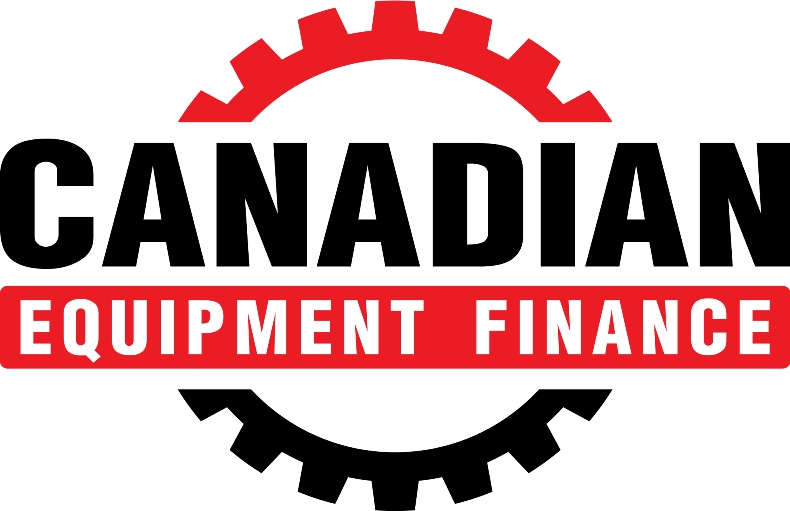By Brendan Read
What impacts could the Oct.21 federal election that resulted in a Liberal minority government have on Canada’s asset-backed lending sector? Canadian Equipment Finance reached out to the C.D. Howe Institute for answers, insights and recommendations. Here they are, from Farah Omran, policy analyst and Jeremy Kronick, associate director, research.
Productivity/finance
“Our paper, Productivity and the Financial Services Sector – How to Achieve New Heights, released Oct.17, 2019, largely focuses on providing recommendations for policymakers and regulators on how to improve Canada’s productivity and the financial services sector’s contribution to it.
“The push forward to adopting such recommendations, however, has to come from different players, and that includes lenders. If lenders agree with our recommendations, they can play their part in boosting productivity by pushing regulators and policymakers to follow through with such measures. A few examples below:
Big players in the lending space, such as banks, could encourage regulators to provide more guidance on the new rules removing restrictions on banks participating and investing in the growth of FinTechs. This can include defining ‘majority’ investments with more clarity and setting a date to enforce these rules;
Small players, such as lending FinTechs, could work with regulators to ensure a functional and proportional focus in regulations that creates an environment of healthy competition and in turn innovation and productivity. This includes regulations that are function based and proportional to the function’s risk; and
In the case of asset-based lenders, competition has dwindled since the 2008/09 global financial crisis, where the impact can be seen in weak manufacturing and equipment (M&E) spending. These lenders could work with regulators to make sure regulation and capital requirements are tailored to and accommodative of different players, thus boosting competition. For example, they could focus on regulations that ensure the use of appropriate credit-risk weights for non-banks, leading to more efficient and less distortive investment decisions. This is especially important when asset-based lending may in fact be less risky than many other types of lending.
Future legislation
No party looks especially keen on going back to an election. If we then assume the Liberals will continue doing what they have, in terms of what we think they could or even might do, the following are most applicable:
Expanding guidance on the Bank Act and Insurance Companies Act amendments surrounding investment rules for banks and insurance companies vis-à-vis FinTechs;
Improving access for small-midsized enterprises (SMEs) to affordable capital, via deepening capital markets. This can be accomplished through measures like exempting from taxation capital gains on the sale of certain small businesses’ shares (e.g. those held for five or more years). Or via changing the incentive structures in the lending space to encourage more efficient allocation of capital towards innovative and productive businesses (e.g. risk-weights for CMHC insurance premiums); and
Open banking. Continuing the work in this new space and promptly and efficiently moving towards implementation. Open banking could boost the economy by providing more innovative products to market and placing Canada on par with its peers.”
CFLA commentary
By Michael Rothe
The CFLA congratulates the leaders of all the national parties on the federal election results. We look forward to continuing to work with the Liberal government on a number of initiates such as:
Continuing to ensure that 2018’s Accelerated Investment Initiative continues to enjoy the broadest possible application and utilization;
Exploring the possibility of a made in Canada Open Banking approach that balances customer privacy with open competition; and
Working towards a responsible balanced approach towards anti-money laundering rules.
Most importantly, however, is that the CFLA will continue to raise the issue and press the government for new and creative ideas for addressing Canada’s lagging competitiveness and productivity gap (something that was notably missing from all party platforms during the election).
Michael Rothe is president and CEO, Canadian Finance & Leasing Association (CFLA), (www.cfla-acfl.ca/).





